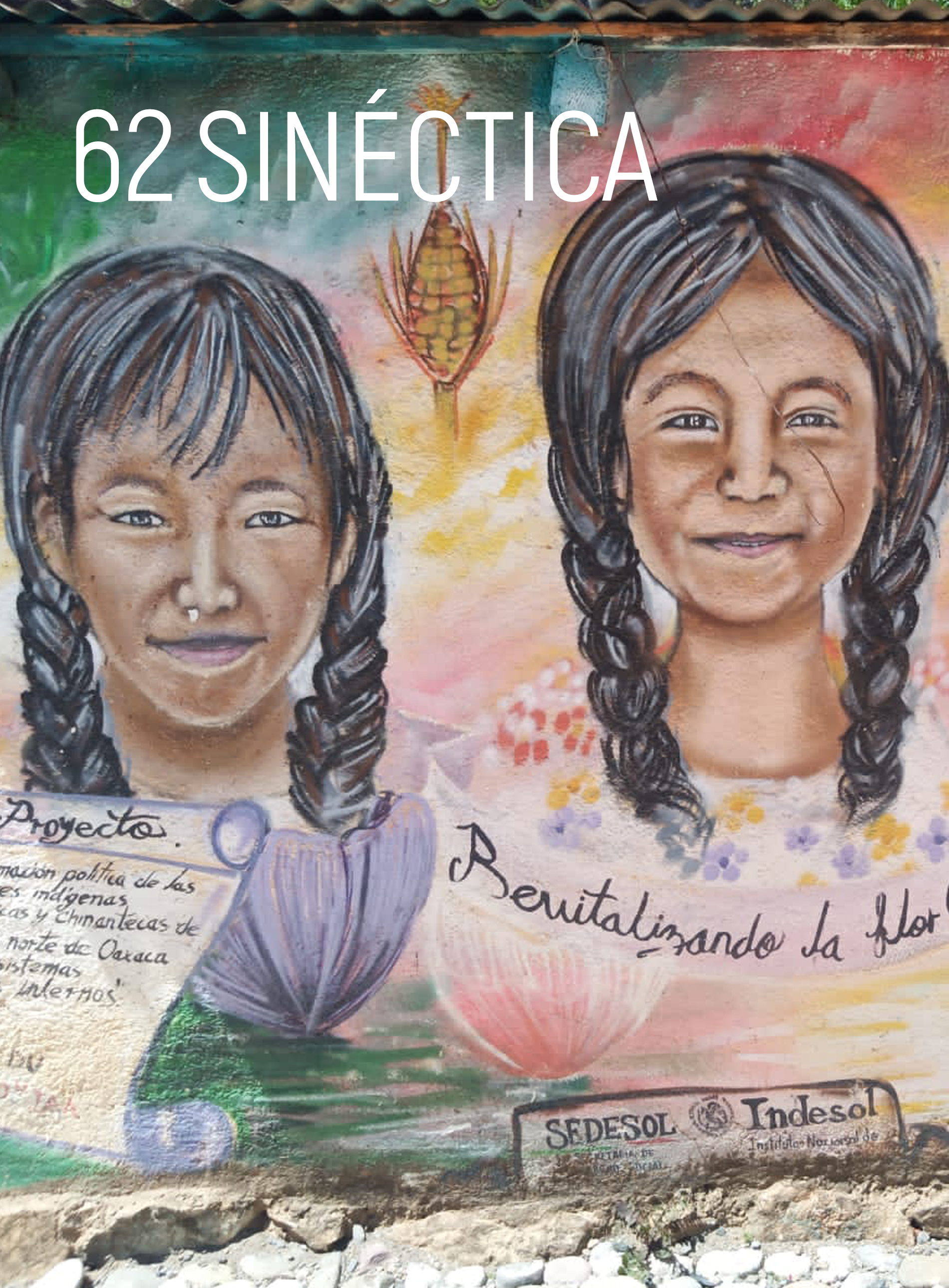Educación del ocio estético. Principios y orientaciones del programa Disfrutar las Artes de la Universidad de Deusto
Keywords:
educación, ocio estético, disfrute del arteAbstract
Desde la comprensión del ocio como cauce de realización de la persona y factor de desarrollo de las comunidades, este trabajo reflexiona sobre los principios teóricos educativos del ocio estético y presenta un ejemplo en el que éstos se aplican para fomentar el disfrute de experiencias de ocio estético valioso. Tras una revisión de la literatura científica, el artículo se centra en el caso de estudio del programa universitario Disfrutar las Artes, creado en 2008 y enfocado a favorecer el goce del arte mediante la educación estética y el conocimiento. En él se pretende privilegiar la experiencia gozosa de las artes a través de la formación y el contacto experiencial con las obras y los creadores. El trabajo concluye poniendo de manifiesto algunas orientaciones favorecedoras del disfrute del arte.
Downloads
References
Como citar este artículo: Amigo, M. Cuenca-Amigo, M. (julio-diciembre, 2016). Educación del ocio estético. Principios y orientaciones del programa Disfrutar las Artes de la Universidad de Deusto. Sinéctica, 47. Recuperado de: https://sinectica.iteso.mx/index.php/SINECTICA/article/view/677
Downloads
Published
Issue
Section
License
This work is licensed under a Creative Commons Attribution-NonCommercial 4.0 International license.
Authors who publish in Sinéctica agree to the following terms:
The authors retain copyright and grant the journal the right of first publication of the authorized work simultaneously under a Creative Commons Attribution License, which allows others to share the work as long as both the authorship of the work and the initial publication in this journal are acknowledged.
Authors may enter into additional separate contractual agreements for non-exclusive distribution of the published version of the journal (e.g., publishing in an institutional repository or a book), with acknowledgement of initial publication in this journal.
Authors are allowed to publish their work in institutional repositories or on their own website before and during the submission process, as it may generate productive exchanges, as well as earlier and greater citation of the published work.
Explanatory note: As of 2017 Sinéctica is governed by the Creative Commons Attribution Non-Commercial 3.0 International License, a version that standardizes licenses internationally.
Articles published between 1992 and 2016 are covered by a Creative Commons Attribution-NonCommercial-NoDerivatives 4.0 International license, which allows a work to be shared and distributed non-commercially and with acknowledgement of the author, but prohibits modification of the original creation.






















